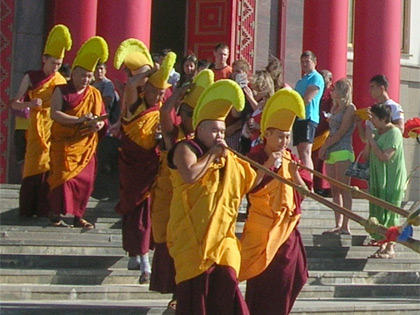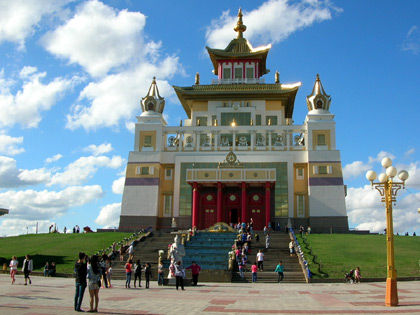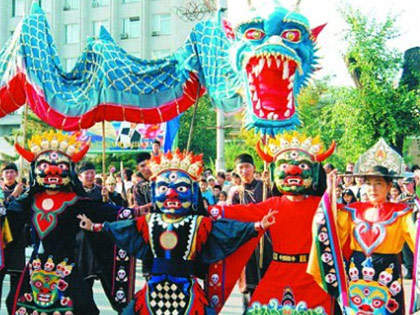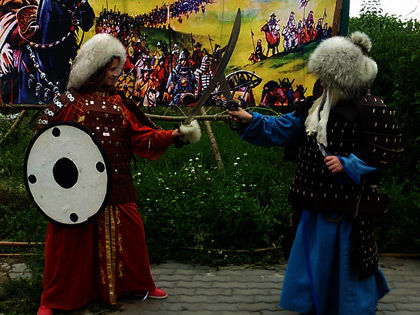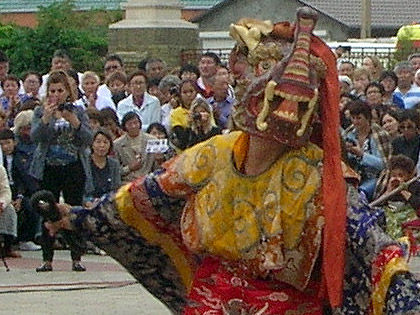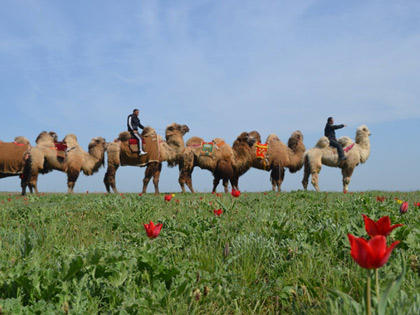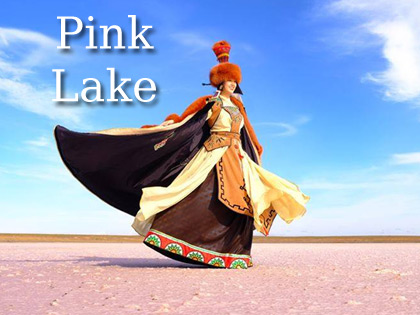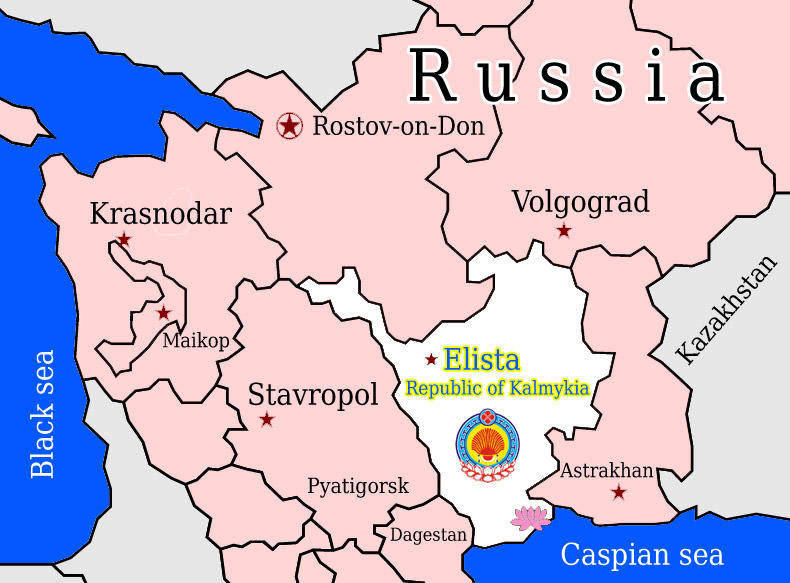President of Kalmykia Kirsan Ilyumzhinov about Ashoka and Mahatma Gandhi
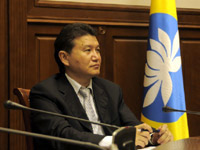 President of Kalmykia Kirsan Ilyumzhinov about Ashoka and Mahatma Gandhi
President of Kalmykia Kirsan Ilyumzhinov about Ashoka and Mahatma Gandhi
Three centuries prior to the birth of Christ the great Indian king Ashoka defeated his enemy. However, the terrible slaughter which had preceded victory radically changed Ashoka’s attitudes. From that time on, he renounced war and begun to blaze a trail of peace. Ashoka’s words – in which the king tells of his repentance and loathing of war – were carved in stone and metal for the edification of future generations of his people. “The only victory”, he wrote, “is one over oneself and the winning of people’s hearts by means of law, duty and piety.”
He concluded peace agreements with both his neighbors and more remote kingdoms, following the fundamental tenet of Buddhist teaching: non-violence, non coercion and religious tolerance. All over the country hospitals and gardens blossomed, along with a network of wells and roads. In the 3rd century B.C. King Ashoka founded four universities, and students from nearby and distant lands flocked to India to study there. Asoka founded special schools for women. He banned the sacrificial killing of animals. Asoka introduced vegetarianism which later began to spread all over the world. He also passed a decree advocating the good treatment and medical care of animals who should be regarded like a sibling. Ashoka’s thirty-six-year-long reign in government resulted in an unprecedented spiritual blossoming in India.
The famous sci-fi writer Herbert G. Wells wrote: “among the thousands of names one comes across in history books, among all those emperors, monarchs and kings and so on, the name of Ashoka stands out dazzlingly like a solitary star.”
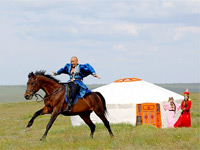 There was also the great Mahatma Gandhi who raised the spiritual banner of Asoka many centuries after the former’s death. His non-violent struggle for India’ emancipation from British rule should serve as a good example for states and nations. His teaching could enrich the world and take humanity to a new stage of development. It could. But instead of spiritual development, mankind has chosen to focus on earthly, material values.
There was also the great Mahatma Gandhi who raised the spiritual banner of Asoka many centuries after the former’s death. His non-violent struggle for India’ emancipation from British rule should serve as a good example for states and nations. His teaching could enrich the world and take humanity to a new stage of development. It could. But instead of spiritual development, mankind has chosen to focus on earthly, material values.
There have been some exceptions, but unfortunately, they only serve to confirm the rule that mankind learns too little from the lessons of history.
At that time I believed that the teachings of the great prophets: Buddha, Christ and Mahomed were just separate chapters torn from the same great book: “the moral law of humanity”.
Maybe there would come a time when these chapters could be brought back together and man would finally realize that there is only one God and that He is the Moral Law.
Kirsan Ilyumzhinov, President of Kalmykia
